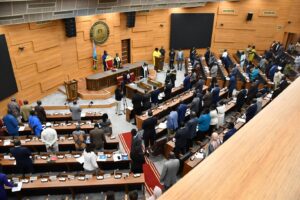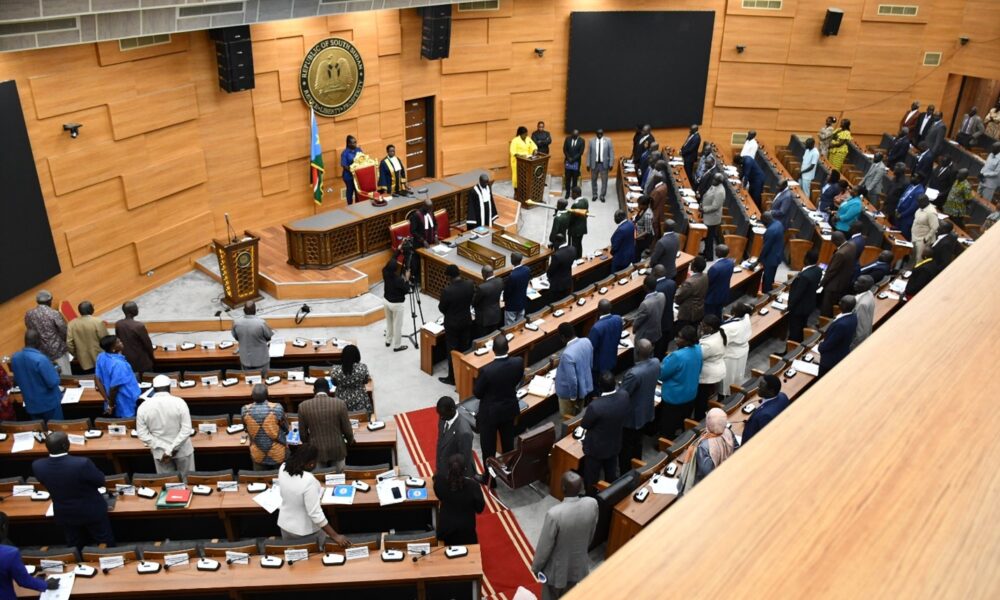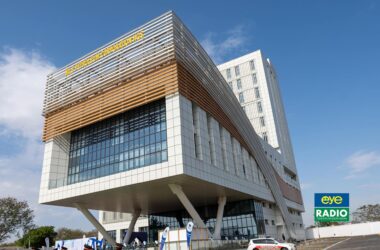
By Alan Clement
The Transitional National Legislative Assembly (TNLA) has passed the Memorandum of Understanding (MoU) between South Sudan and UAE which proposes reciprocal visa exemptions.
While some legislators hailed the agreement as a strategic move toward international integration, others raised alarms over its equity, security, and geopolitical risks.
Despite all these the MOU was passed.
Speaker Jemma Nunu Kumba confirmed that the MoU had undergone scrutiny by the relevant committee and ministries.
“The document has passed through all due legal processes. Security concerns have been considered to ensure national safety is not compromised,” she said.
The agreement, tabled for parliamentary review, proposes unrestricted entry for UAE nationals but limits South Sudanese travelers to diplomatic visas. Calling the provisions one-sided, Dr. Henry Omai Akolawin of Upper Nile State raised concerns over fairness.
“Article 1 is the heart of the memorandum. It grants full visa exemptions to UAE citizens, but South Sudanese only qualify for diplomatic visas. Where is the equity in that?” he asked.
The Mou also faced resistance on security grounds with Atem Garang De’kuek of Jonglei State (SPLM) warning that closer ties with the UAE could complicate South Sudan’s fragile relations with Sudan, through which its oil exports flow. “The UAE is considered Sudan’s number one enemy, and our oil passes through Sudan. If Sudan closes that route, what are we going to do?” he asked.
Garang also raised alarms about potential terrorist threats and illicit trade. “The Middle East is where terrorism originates. Opening our doors to Emirates could invite disorganization. The suitcase business bringing electronics from UAE is akin to money laundering. We shouldn’t allow that,” he emphasized.
However, not all lawmakers opposed the arrangement as one member of parliament reminded members that South Sudan is a sovereign state free to pursue international agreements in its national interest. “South Sudan is an independent country. No external issue, including Sudan’s oil politics, should prevent us from signing agreements that serve our national interest,” said the member of parliament.
Boutrous Alison Magaya representing Maridi defended the MoU, citing UAE’s global reputation. “The UAE is a top investment destination and one of the safest countries in the world. We’ve not witnessed terrorist activity there. Any agreement that connects us to the international community and lifts our economy should be welcomed,” he said.
Although the Speaker cleared the MoU for consideration several lawmakers remained opposed.




